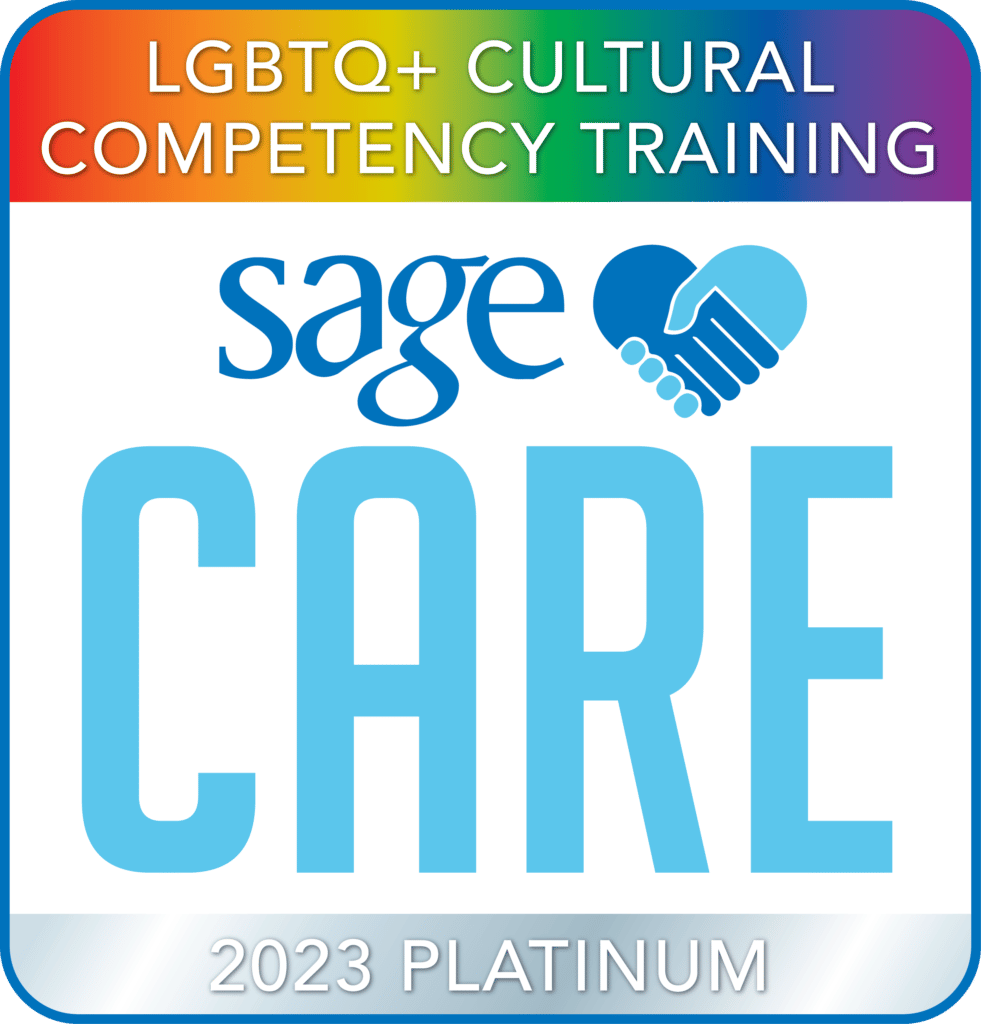Precautions Seniors Can Take to Combat Growing Cyber-Crime During COVID-19

One by-product of the protections UMC at Collingswood has put in place to keep our residents safe, has been the increased use of technology and the internet for virtual communication and visitation. Senior residents who never touched a computer prior to Covid-19, now have experience with email, Zoom, Facetime, Facebook and Facebook Messenger, Snapchat, and more that they never thought possible!
It is somewhat ironic that in addition to being most vulnerable to coronavirus, seniors may also be vulnerable to online scams brought by the very technology that keeps them closer to their families and friends. Because many of our residents have limited experience with technology and best practices for avoiding cybercrime, they are highly susceptible.
FBI Deputy Assistant Director, Tonya Ugoretz, has said the number of cybercrime reports nationally, has quadrupled compared to months before this pandemic. Many of these scams are actually related to Covid-19 by preying on people’s fears and the confusing information out there about treatments, vaccines, etc. It’s especially important for older adults, and frankly all of us, to take precautions to prevent becoming a victim of identity theft or financial scams that can cause tremendous hardship.
Here are 5 simple ways to prevent scams on seniors in the age of COVID-19.
1. Reach out to someone you trust before you do anything.
When something just doesn’t feel right, it’s important to reach out to someone reliable such as a family member or professional caregiver for support. Ginny Fahs, a member of the Aspen Institute’s Tech Policy Hub, who led a successful study on this topic stated, “One of the biggest hurdles seniors reported facing was an embarrassment. They didn’t want to raise red flags about a potential incident for fear of bothering family members or sounding like they didn’t understand the technology.”
That’s why it’s important to remind seniors that this is nothing to feel embarrassed about. Anyone could be a target of online scams and early detection is the key to preventing financial or personal information from being compromised or stolen.
2. Beware of emails or Facebook ads offering cures for COVID-19, or vitamins or supplements that allegedly prevent it.
There is no “cure” for Covid-19, no prevention strategies other than social distancing and wearing a mask, and there is no vaccine expected for at least another six months to a year. Emails and ads stating or implying otherwise are flat out lying or misleading you, no matter how many testimonials they seem to have.
While it certainly is a good idea to redouble your efforts to stay healthy and active during this time, stick with long accepted strategies. New remedies or drugs that promote themselves using fear of Covid-19 are just looking to make a quick buck, and are unlikely to be legitimate health strategies.
3. Create a different password for every account and device.
This is hard for everyone, yet it’s extremely important. It’s very difficult for a hacker to retrieve any sensitive information if every account is protected by a different password. Although it may be inconvenient to remember dozens of passwords, it’s much safer to have them all written down on one piece of paper and stored in a safe spot at home. Take this one step further and password protect all your devices (cellphone, tablets, etc.) as well, in case they become lost or stolen.
Something called “Two Factor Authentication” has become very popular on sensitive websites recently. In addition to providing your account name and password, every time you log in, a code will be sent to your cellphone, and you must enter it accurately to complete the login process. All seniors should opt for two-factor login where available and get used to this process by having their cell phone handy to receive the code any time they login onto a website.
4. Think three times before clicking on suspicious links.
Questionable links sent via email are one of the most well-known ways for scammers to retrieve your private information. If you are faced with a hyperlink in an email from a source you don’t know well, it’s best to look at the URL of the link carefully, do some research or ask for help before clicking on it. If you are still unsure after asking for help, delete the email entirely. It’s not worth the risk to keep a suspicious message in your inbox as you may inadvertently click on it later.
5. Always log out.
It’s a simple thing to do but it is amazing how many people fail to take this simple step. When you are done using an app or website, logging out is an extra step to ensure online safety. Leaving your recent activity open on a computer, especially one that is shared, could make you vulnerable to people stealing your information.
UMC at Collingswood – Safe minds, safe bodies, safe cyber!
Because of our emphasis on proactive care for the mind and body of all our residents, UMC continues to respond to the Covid-19 storm. Our associates have become versed in cybercrime and promote awareness among residents, especially in this changing care landscape.
To find out more about the safety of our assisted living services at UMC Collingswood in Camden County, or any of our other senior communities across New Jersey, please contact United Methodist Communities and book your visit today.




